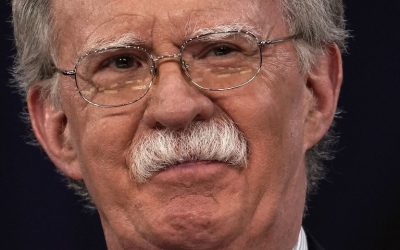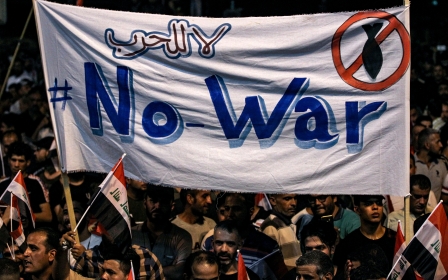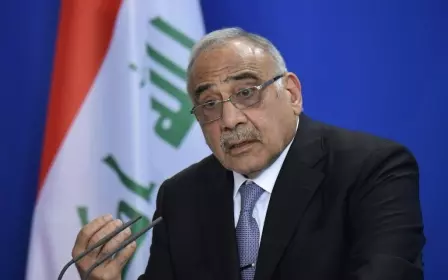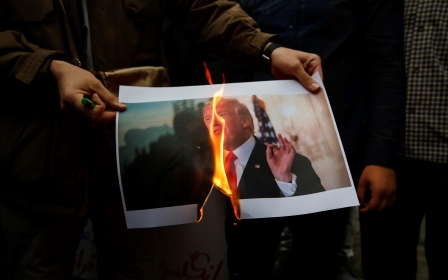Iran once again passes nuclear inspections: IAEA
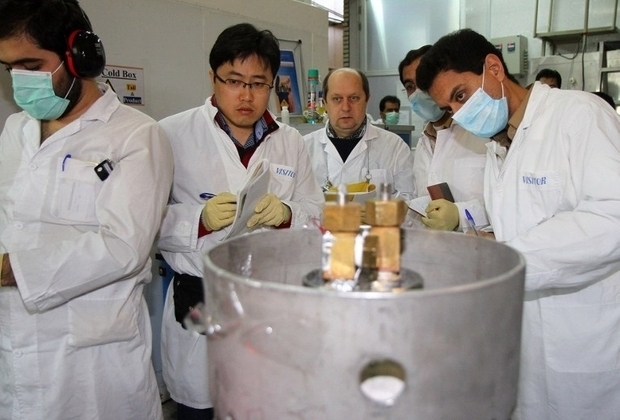
The International Atomic Energy Agency (IAEA) said in its quarterly report that Iran has stayed within the main restrictions of its nuclear deal at a time when tensions between Washington and Tehran remain high.
The report on Friday found that Iran continues to abide by the main terms of its 2015 deal with world powers, including the most sensitive issues of its stockpile of enriched uranium and level of enrichment.
The report by the UN nuclear watchdog comes at a sensitive time, with Washington having tightened sanctions on Tehran this month, and Iran threatening to take retaliatory steps that may eventually bring it out of compliance with the pact.
It did, however, flag some issues, namely the number of advanced centrifuges Iran is allowed, which is loosely defined in the deal.
Every quarterly IAEA report on Iran's nuclear programme since the 2015 deal has said that the Islamic Republic has adhered to the multilateral agreement.
New MEE newsletter: Jerusalem Dispatch
Sign up to get the latest insights and analysis on Israel-Palestine, alongside Turkey Unpacked and other MEE newsletters
A year after Washington abandoned the landmark deal, which curbed Tehran's nuclear programme in return for the lifting of sanctions, European powers are trying to keep it in place.
To evade sanctions from US financial institutions, Tehran and major European countries are setting up a barter system that does not involve exchanging dollars.
The administration of President Donald Trump says the deal negotiated by his predecessor, Barack Obama, did not go far enough to curb Iran's nuclear and missile programmes.
The US has snapped pre-deal sanctions back into place and even imposed additional ones targeting the country's metals trade. It also designated the Revolutionary Guards, an important arm of the Islamic Republic's military, as a terrorist organisation.
In addition, Washington has dispatched a naval strike group to the Gulf, deployed Patriot missiles in the region and announced that it was sending 1,500 additional troops.
Moreover, the US has accused Iran of using naval mines to "sabotage" four ships off the coast of the United Arab Emirates.
Iran denies any link to attacks on shipping and says the US military moves are "psychological warfare".
Technical aspects
The IAEA report said its staff had access "to all the sites and locations in Iran which it needed to visit".
Inspectors found that Iran's stock of enriched uranium was well below the limit set by the deal, as of 20 May. That last date covered by the report is also the day Iran said it had increased the rate at which it enriches uranium, meaning any acceleration will appear only in the next report.
The IAEA said Iran had installed 33 advanced IR-6 centrifuges, machines that can enrich uranium, although only 10 had been tested with uranium feedstock so far. The deal allows Iran to test up to 30, but only after eight-and-a-half years have passed. The limit before then is a "grey area," diplomats say.
"Technical discussions in relation to the IR-6 centrifuges are ongoing," the report said.
While Iran has stayed within the deal's main limits over the past three years, it has breached a cap on its heavy-water stock within the first year, although foreign diplomats told Reuters that this technical aspect is a relatively minor issue.
Diplomats also said Iran has dragged its feet on allowing access to some sites, without explicitly violating the requirements of the deal.
Middle East Eye delivers independent and unrivalled coverage and analysis of the Middle East, North Africa and beyond. To learn more about republishing this content and the associated fees, please fill out this form. More about MEE can be found here.


